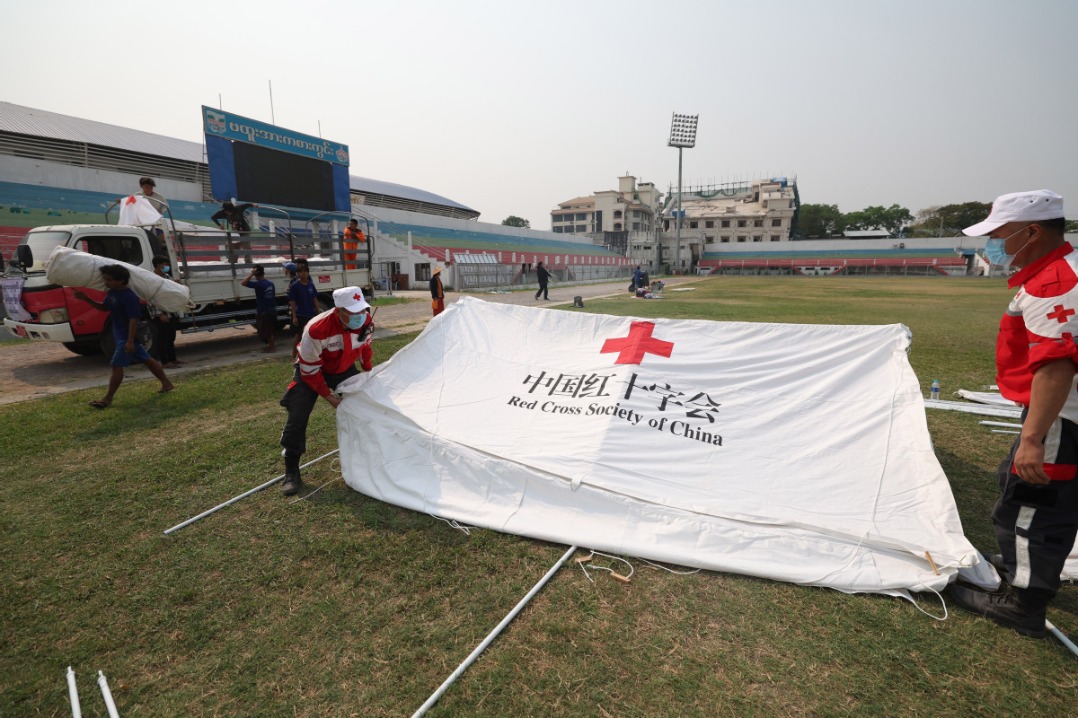Childbirth deaths alarm Sub-Saharan Africa: UN

As the world observed World Health Day on Monday, a joint report by the United Nations Children's Fund, World Health Organization and the United Nations drew attention to a growing maternal health crisis in sub-Saharan Africa.
Despite global progress in reducing maternal deaths, the region continues to face disproportionately high maternal mortality rates. Nine countries in sub-Saharan Africa are particularly affected, with some reporting more than 500 deaths per 100,000 live births.
The findings highlight significant inequalities in maternal health access, with many countries still struggling to provide basic healthcare services that could save the lives of mothers and children.
The report, Trend in Maternal Mortality Rates 2000 to 2023, was released on Monday and reveals that nine countries in sub-Saharan Africa were classified as having a "very high" maternal mortality ratio in 2023. Nigeria is at the heart of this crisis, accounting for nearly 29 percent of global maternal deaths, with an estimated 75,000 fatalities.
Nigeria's maternal mortality ratio stands at 993. Along with India, the Democratic Republic of Congo and Pakistan, the country accounts for nearly half of all maternal deaths worldwide.
Sub-Saharan Africa remains the hardest-hit region, with countries like Chad and the Central African Republic showing particularly high risks. A 15-year-old girl in these countries has a one-in-24 chance of dying from maternal causes during her lifetime.
South Sudan, which has a maternal mortality ratio of 692, and Liberia are also among the countries with alarmingly high maternal death rates.
These statistics underscore the stark contrast between countries with robust healthcare systems and those struggling to provide even basic maternal care.
Henrietta Fore, UNICEF's executive director, emphasized the gravity of the situation on Monday, saying, "The statistics we are seeing are unacceptable. No child should face the terrifying prospect of dying during childbirth. Yet, in many parts of sub-Saharan Africa, young girls are facing these risks due to lack of access to healthcare, skilled birth attendants and lifesaving services."
Tedros Adhanom Ghebreyesus, director-general of WHO, posted on social media, "No woman should have to risk her life simply by becoming pregnant."
The report's findings serve as a call for increased international cooperation and financial commitments to maternal health programs, especially in sub-Saharan Africa.
Sharon Nakola in Nairobi contributed to this story.

































